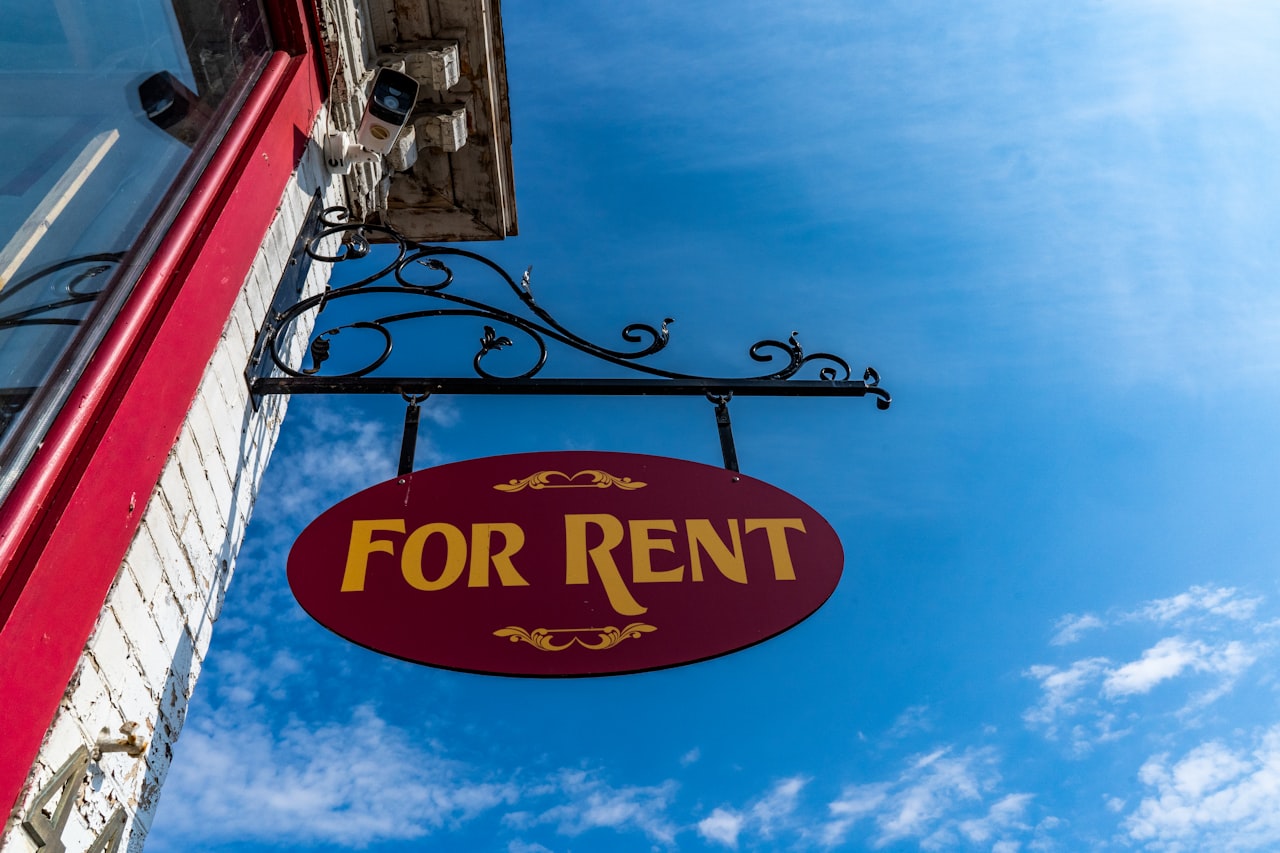Question: We purchased our home a long time ago and cannot remember how closing costs are distributed between buyers and sellers. Can you explain who pays closing costs in a home sale and which terms are negotiable?
Answer: Certain fees and taxes vary by state and locality, but it is customary in Virginia, DC, and Maryland for each side to cover the taxes and fees associated with their portion of the transaction and the seller to pay the commission to both the broker/agent representing them and the broker/agent representing the buyer. Sellers pay about .25% of the purchase price, plus whatever commission they’ve agreed to, in closing costs. Buyers pay about 2.5-3% of the purchase price in closing costs. I’ll detail the standard closing costs on each side of a home sale for transactions in Arlington VA:
Sellers
All of the fees/taxes listed below are automatically deducted from the buyer’s payment so you do not pay any of these out-of-pocket, except for the resale package if your home is part of an HOA or condo building.
-
Commission: Sellers traditionally cover the commission for their representing broker/agent and offer a commission to the buyer’s representing broker/agent. As with every industry, rates vary by provider and type of service.
-
Title Fees: This covers the legal review and preparation of the sale documents and usually runs about $500-$1,000
-
Transaction Taxes: Arlington charges sellers a Grantor’s Tax and Congestion Relief Tax totaling .25% of the purchase price
-
Prorations: You may owe or be credited property taxes or HOA/Condo fees, based on the status of your tax payment
-
Resale Package: If your home is in an HOA or condo building you are required to provide the buyer with a resale package including by-laws, reserve balance, Association inspection, etc. This fee varies by community but is usually $100-$250.
Buyers
All of the fees/taxes listed below are included in your costs due at closing (day of purchase), except the appraisal, inspection costs, and in some cases a condo questionnaire, which are all paid out-of-pocket while you’re under contract.
-
Lender Fees: This includes the cost of underwriting/processing your loan, any points paid to reduce your interest rate, appraisal cost, and any other lender-related costs. These costs often total at least $1,000-$2,000+, plus any points purchased to bring down your rate, usually coming in at .5-1% of the loan amount, if purchased.
-
Title Fees: These charges include lender-required title insurance, optional buyer’s title insurance, deed preparation, title abstract search, land survey, and other general processing fees to prepare the legal and administrative side of your purchase. These costs usually cost $500-$1,500, plus the cost of title insurance (if required and/or opted for), which is usually about .25-.75% of the purchase price.
-
Transaction Taxes: You’re responsible for a handful of state and local taxes, some fee-based like the deed recordation fee and others are a percentage of the purchase price like the state and county transfer tax. Expect to pay roughly .5-.75% of the purchase price in Government fees and taxes.
-
Pre-Paid Fees/Taxes: Most lenders require buyers to pre-pay property tax and homeowner’s insurance which they hold in escrow to ensure payment. These charges usually end up being about .5% of the sale price.
-
HOA/Condo Fees: If you’re buying into an HOA or condo you may be responsible for advanced payment of Association fees, capital contribution to the reserve account (usually 2x your recurring payment), move-in fees, or other administrative fees. The cost varies widely based on the Association.
-
Prorations: You may owe or be credited prorated portions of the property tax or HOA/Condo fees based on the status of the seller's paid or unpaid bills
Are Closing Costs Negotiable?
Buyers may negotiate to have sellers pay up to 100% of closing costs (roughly 2.5-3% of purchase price), also known as seller credits. This can be negotiated on the front end of the deal, during negotiations before being under contract, or while under contract (e.g. after the home inspection) to offset any negative factors that are found or occur while under contract.
For sellers, there is little difference to their bottom line whether they agree to cover $10,000 in closing costs or agree to reduce the purchase price by $10,000 (minor differences show up in fees charged as a % of purchase prices like taxes and commission). For buyers, the decision to ask for closing cost assistance vs reduced purchased price often comes down to cash-on-hand and personal finance decisions. Taking a seller credit reduces the amount of cash required to close but is effectively financing those costs by rolling them into the loan.
Projecting Your Closing Costs
Before entering into a deal, or even beginning the sale or purchase process, it may be helpful to estimate your closing costs (buyer) or net proceeds (seller) based on estimated sold/purchase prices. The best place to get this information is through a lender (buyer) or title company (seller). If you’re interested in gathering this information at any stage of your purchase or sale, I’m happy to assist; just send me an email at [email protected].




